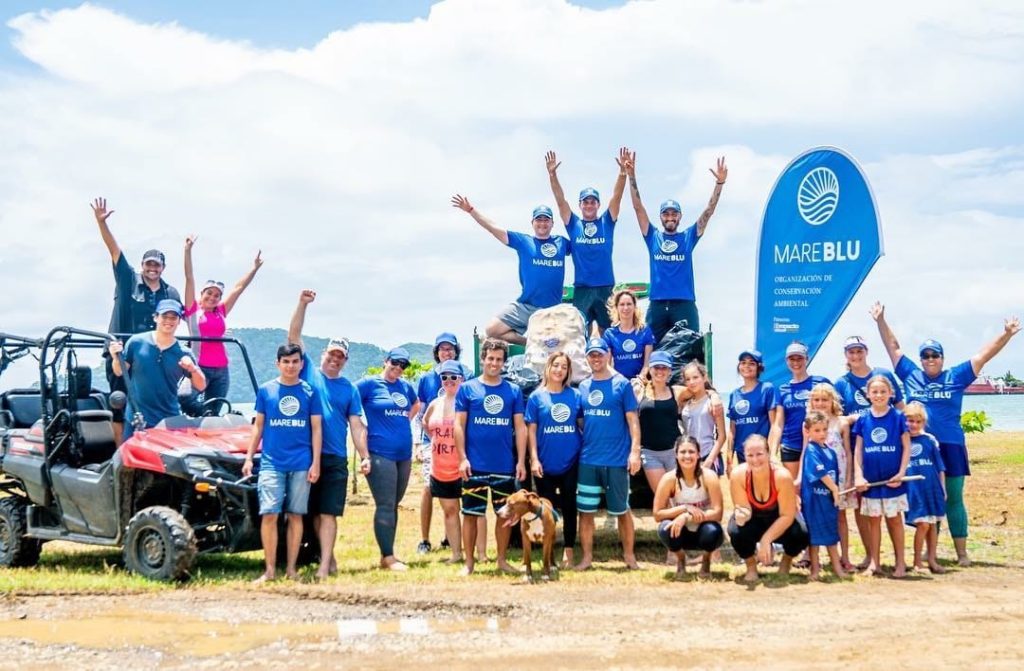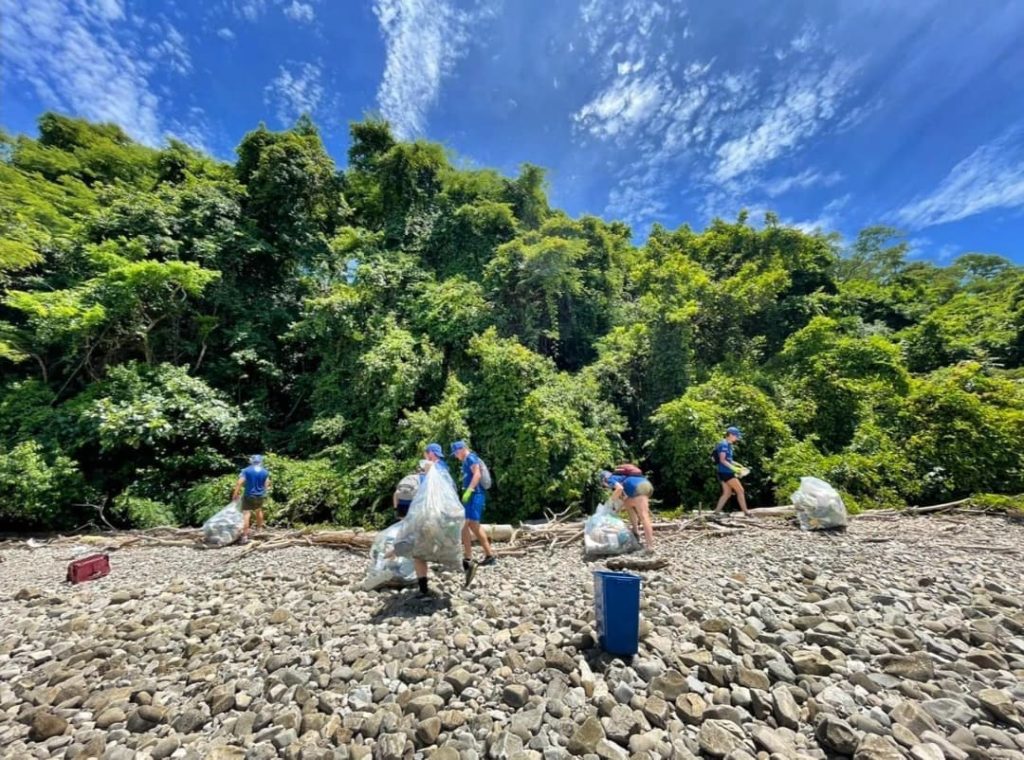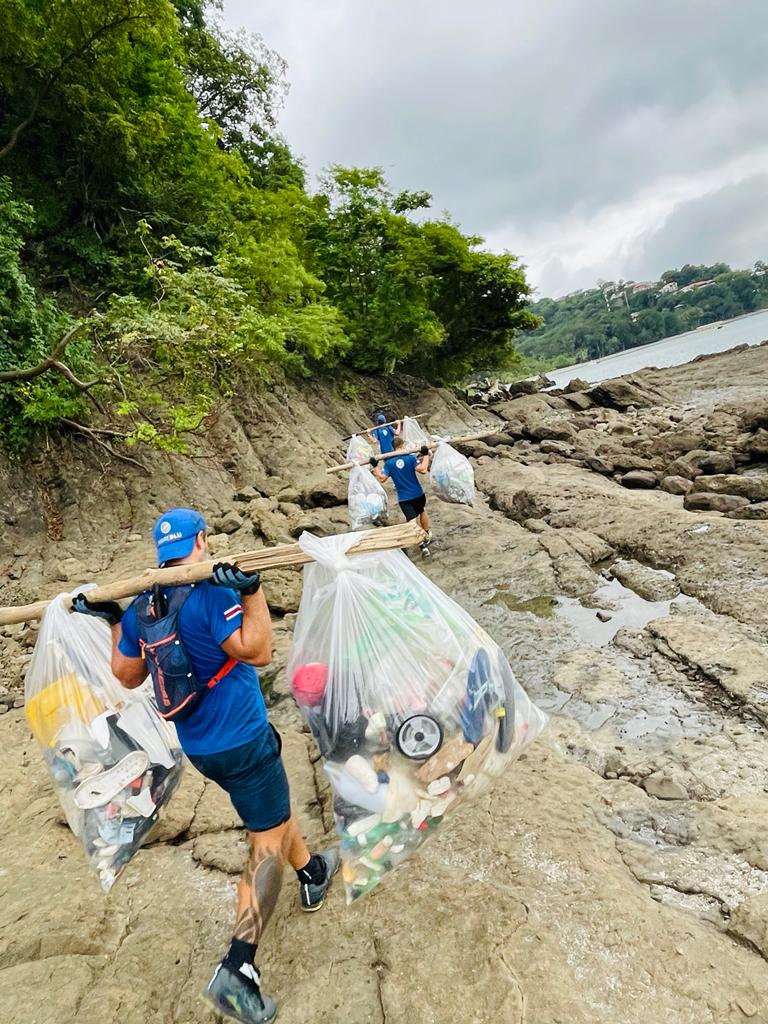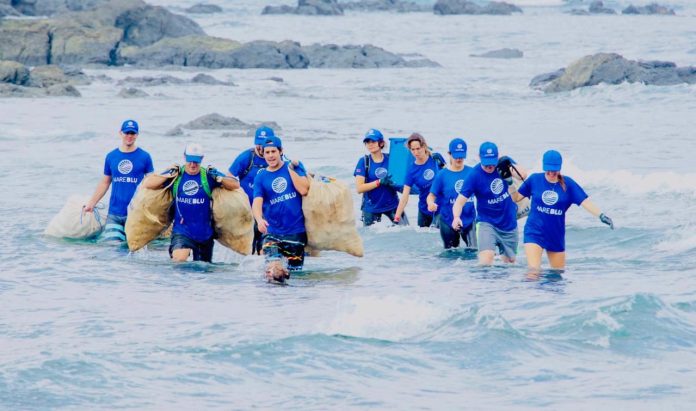Think of a volunteer in Costa Rica, and an image of a young student or intrepid backpacker might come to mind—but the reality is that today, volunteering is an essential part of the travel experience for many travelers of all ages and walks of life. Engaging with local communities and ecosystems through hands-on work provides a unique glimpse into Costa Rican life. Many visitors build a whole itinerary around giving back, or try to find ways to incorporate a volunteer contribution into a trip.
However, the negative impact of some volunteering programs around the world has been increasingly well-documented in recent years. Authors such as Pippa Biddle—who memorably documented her experience volunteering in Tanzania and discovering that local workers were undoing, then redoing correctly, the building work that unskilled volunteers had done during the day—have shown how volunteering, when improperly conceived and structured, can actually do more harm than good. And while Costa Rica is full of meaningful and thoughtful ways to help, it’s important that travelers who care about making a positive impact on the country think carefully before making a volunteering commitment.
As a co-founder of the virtual volunteering initiative Costa Rica Corps, and because of my years working within (and reporting on) the nonprofit sector, I’ve come to feel very strongly about volunteering’s potential—and its pitfalls, too. So as we continue our series on conscious travel, we’d like to bring this conversation into El Colectivo 506.
To start, here are five questions travelers can ask as they explore volunteering options in Costa Rica.
1. Can I stay for long enough to make it worth the organization’s time?
Have you ever trained a new employee or intern? Takes time, right? So does training and supervising a volunteer, which is why short-term volunteers sometimes cause strain on a local organization rather than making the desired positive impact.
Emily Arnold—the director of the U.S. nonprofit Amigos of Costa Rica, which works with 100+ nonprofits in Costa Rica—receives requests from people around the world hoping to volunteer in Costa Rica. She says that many organizations prefer volunteers who can commit for three or more months so that the volunteer can be trained and then still have time to contribute to the organization’s efforts. For shorter placements, would-be volunteers should look carefully at the alignment of their skills with the need to be addressed, and the capacity of the organization to train them without taking energy away from other operations.
Oftentimes a short-term volunteer placement provides a very enriching experience to the volunteer, and much less value to the nonprofit. In these scenarios, it is appropriate for the volunteer to be paying a fee for the benefits being provided to them, leading to point #2.

2. Am I providing an economic benefit?
Elsa Bonilla, of the Creciendo Juntos (Growing Together) Association, says that her organization always includes a monetary donation as part of any volunteer group’s activities.
“Sometimes people just want to donate their time, and in our case, donating only time isn’t sufficient,” says Elsa, whose program is the community outreach arm of Peninsula Papagayo in Guanacaste. “Volunteering is a way in which we seek to help with lack—lack in schools, families, or conservation areas. So we always seek to make sure there’s an economic contribution.”
It’s important to understand that the nonprofit you’re serving might not yet understand the value of what they’re offering you. Not everyone approaches this the way Elsa does. In my years working with nonprofits in Costa Rica, I’ve seen many an organization that received volunteers quite happily because of the energy they bring through the door, but, by failing to charge for their time, space, and even food, consistently lost money on the exchange. Travelers—as well as tourism leaders who connect travelers with volunteering experiences—can play an important role here by speaking up when they see this taking place, and by making a donation to the organization.

3. If I’m a short-term visitor, can I help in a way that doesn’t consume local resources?
Short-term volunteers (under three months) might consider alternatives that allow them to make an impact without causing any strain on local leaders.
Emily lists myriad examples. “Do your own #5minutebeachcleanup. Pick up trash… Do Pack for a Purpose,” she says, adding that visitors can also ask their hotels local community needs and organizations.
And, of course, through options such as Amigos of Costa Rica, travelers can also make a donation during or after their visit. Emily encourages visitors to include local nonprofits in their vacation posts and enlist others in a cause they’ve come to care about.
4. Is the volunteering work I’m doing addressing a need that was identified by the community, not by an external entity?
This one can be very hard to assess from afar—which is why choosing responsible hotels, tour agencies and tour guides is important, since they are terrific resources. But a would-be volunteer can ask the organizer how the program was developed, who was involved in choosing its direction, and who is involved in running the experience. Look for strong ties to multiple community organizations.
If you’re a long-term volunteer or resident, it can be easy to become passionate about a need you see and want to make plans to change it. However, it’s essential to respect and study existing plans and the complex networks of public and private institutions that surround any community issue.
“Be guided by local leaders and remember that you’re a visitor,” says Emily, adding that Amigos is happy to serve as a resource for visitors eager to make a difference in collaboration with a community.

5. Is this task a good fit for me?
This one has several levels.
First, consider age and physical ability: Paula Sánchez, the international volunteer and social media coordinator of environmental conservation organization MareBlu—which recently inaugurated a custom-designed 4WD truck that will assist in volunteer ocean cleanups, the first of its kind in Central America—has some advice on this point. She says that since many volunteering options in Costa Rica are designed for students, it’s important to ask about group composition, if only to understand beforehand what the social dynamics will be like. (And since this is our month of healthy aging at El Colectivo 506, we’d like to take this opportunity to ask our readers to tell us about Costa Rican volunteering experiences they’ve loved well above their college years! Contact us at [email protected] or viat WhatsApp at +011.8506.1506.)
Second, consider how your skills match the task at hand. Learning is a wonderful part of volunteering, but as Pippa Biddle’s piece pointed out, doing unskilled work might be frustrating for both you and the organization. Volunteers seeking a virtual placement that takes advantage of their professional skill can also contact me to see if the Costa Rica Corps can provide a good connection.
Finally: fun matters! Make sure the tasks sound like something you’ll find rewarding. Elsa says that’s job #1 when she goes about pairing a volunteer group with an organization.
Paula urges visitors to ask lots of questions about transport, food, housing, safety—everything you’d ask about any other travel experience: “It’s important to verify the conditions you’ll encounter while volunteering.”

We are grateful for the support of Travel with Ann Experiential for the travel content in our January and February editions. Ann Becker has been a small business owner throughout her career. With more than three decades of experience in meeting/event management and strategy consulting combined with a passion for travel rooted in deep, mutually beneficial human encounters, in 2005 she began Travel with Ann Costa Rica. For 15 years she created and led more than 40 small group experiential trips in Costa Rica, neighboring countries, and Chile. Today, through Travel with Ann Experiential , Ann is dedicated to supporting and strengthening responsible travel small businesses, nonprofit organizations and industry leaders by forging strategic connections; contributing fresh perspectives; engaging and elevating diverse voices; and strengthening organizational capacity.







